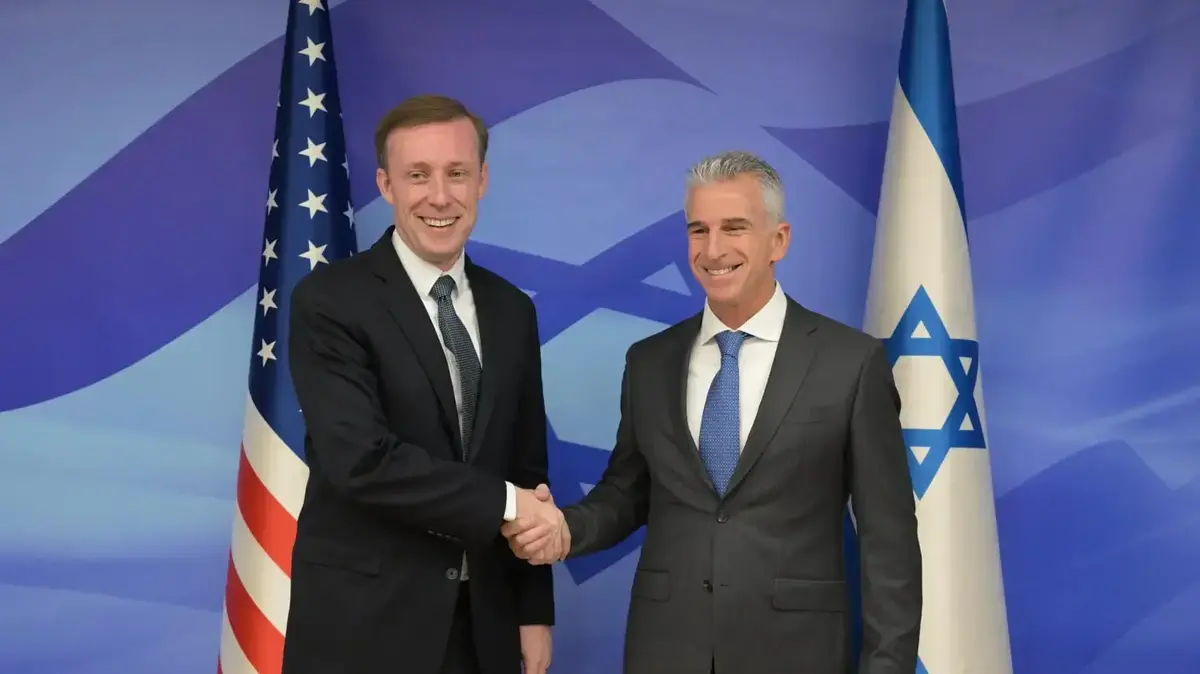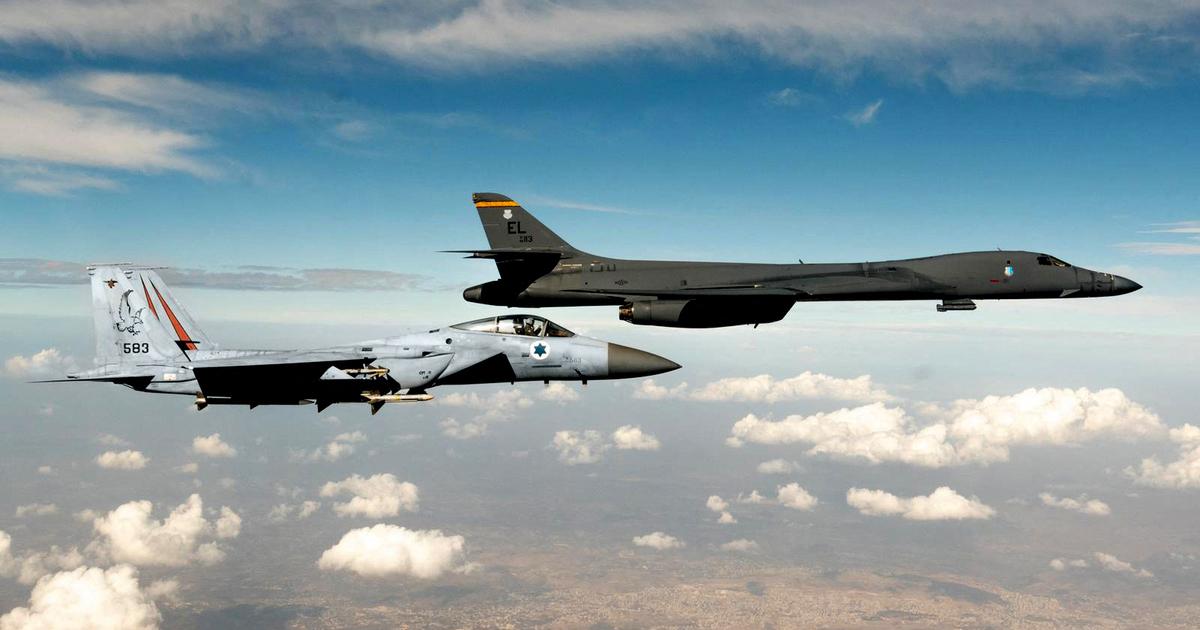In Saudi Arabia, there are two parallel nuclear research centers - one declared, and the other whose activities are modest and there are many hidden on the open. This year, satellite imagery also showed that Saudi Arabia had for the first time and with external assistance built a long-range ground missile plant and a nuclear research reactor. The kingdom has also recently discovered significant uranium deposits in its field.
In October 2019, outgoing US Secretary of Energy Rick Perry confirmed that talks on US aid for the Saudi nuclear project are progressing. Perry stated that the parties intended to sign the "123" agreement, but Riyadh said it would not commit itself to enrich uranium. It should be remembered that uranium enrichment can serve the legitimate purpose of supplying nuclear fuel to research and power reactors, but also serve as a source of nuclear weapons' scoring material, similar to the military projects developed by Pakistan and Iran.
The kingdom's interest in the nuclear path is not new, and with it the fear that under certain circumstances and conditions it may turn towards the military nuclear. This concern became overwhelming in March 2018, when Saudi detainee Mohammed bin Salman for the first time publicly and explicitly stated that if Iran acquires military nuclear capability, the kingdom will acquire similar capability, and without delay. Indeed, the main motive for nuclear development, even if it does not have a military dimension, is security. However, it is unclear whether Ben Salman's intention was for the development of nuclear weapons or his acquisition or placement in association with Pakistan or another entity.
To Saudi Arabia, the nuclear agreement signed with Iran only increased Tehran's aggression and did not stop its long-term nuclear ambitions. Even worse, Iran's escalating dynamics against the US in the past year could result in an improved agreement, for Iran, or even the withdrawal of the US from Iran's nuclear issue without regulation.
Iran's nuclear neighbors may create a dangerous nuclear reactor: Iran's nuclear efforts are motivated by Iran's nuclear threat, while nuclear efforts in Saudi Arabia and Turkey do not contribute to Iran's ability to stop its nuclear program. At one point, the vicious circle of infrastructure and nuclear knowledge between Iran and its neighbors may go beyond the point of no return.
Moreover, in recent years, more and more civilian nuclear projects, which lack a military dimension and are legitimate in the international community, have sprung up in the arena. But this phenomenon gradually creates a new reality of "reptile" regional nuclear proliferation, where nuclear knowledge and skills become more common, and through the legitimate step by step the nuclear taboo is eroded. Therefore, Saudi development of a civilian nuclear project, without military dimensions, is inconsistent with Israel's interests. This is despite the fact that Jerusalem shares significant common interests with Riyadh, and although according to various reports, both countries enjoy strategic cooperation.
In broader terms, Israel can be said to have an interest in preventing military nuclear even in Arab or open strategic partnerships with it, because of the fear of regional dynamics of nuclear (including dynamics that will accelerate processes in Iran), the fear of dissemination of knowledge, the fear of future change in orientation, or friendship. For future policy reversals (for example, in the event of a regime collapse).
Considering all the variables, it seems preferable to Israel that the United States should help Saudi Arabia to advance its nuclear programs, but by adhering to the "gold standard" rules. In particular, Saudi Arabia's ability to enrich uranium should be reduced, avoiding as much as possible the US and community precedent The international allows the Middle Eastern actor to move from a reality in which he does not enrich uranium to a reality in which he enriches.
Ron Tira is Col. (res.) In the Air Force; Dr. Joel Guzanski is a Senior Researcher at the National Security Research Institute (INSS)
Seminar on "Saudi Arabia and the Gulf States: Changing Kingdoms" will be held at the National Security Studies Institute on December 12
For more opinions of Joel Guzanski


/cloudfront-eu-central-1.images.arcpublishing.com/prisa/76J532RHISSSKLB6CEURDKTMCI.jpg)










